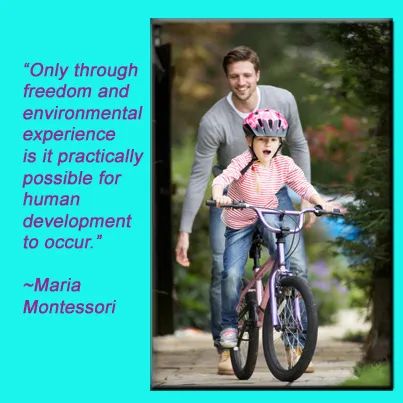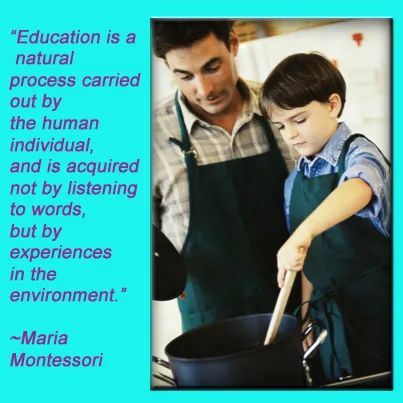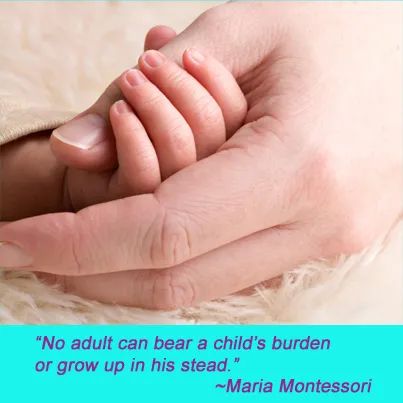A Balance of Risk and Rescue
Today’s parents are bombarded daily with fear-inciting messages regarding the health and safety of our children. On television, in print, all over the internet, everywhere we turn we see things that make us want to cover our children in bubble wrap and tuck them away for safe keeping. No wonder we err on the side of over-protectiveness. Unfortunately, when we shelter our children too much, we inadvertently deny them the chance to make mistakes and to grow physically, mentally, and emotionally through experience. It is essential, therefore, that we parents allow our children to experiment within their environment and to take healthy risks. More...

I’m not just talking about the physical kind of risks here, (although at some point we must let go of the bike, if you know what I mean.) Risk-taking can mean any step out of the child’s comfort zone, such as speaking up when they would rather let a parent do the talking, or participating in an unfamiliar activity. Children develop confidence through facing challenges, whether they actually "conquer" the challenge or not. By taking risks, children acquire and master countless new skills, learn to make confident decisions, and become aware of social, physical, and personal boundaries. They also experience the sense of pride that can only come from individual achievement. If we do not allow them to take any risks, indeed, we run the risk of repressing the vital growth and development of our children.

When my 8-year-old child asked if he could help me cook dinner--pan-fried chicken--my mind immediately kicked into "what-if" mode. What if he is splashed with hot oil? What if he burns himself on the edge of the pan? And, I admit to: what if I just want to get this dinner cooked and done with because I’m tired at the end of the day? My instinctual answer was an automatic “no.” Then I stopped myself and took a good, long look at him, at the eager expression on his young face, and I thought how will he learn to avoid getting burned if I never let him near the heat? Whereas, if I take the time to teach him how to conduct himself around the hot stove, and to use the appropriate precautions, he will actually be less likely to have a mishap in the kitchen. Bonus: if he likes it, I might have a little chef to help with the cooking in the future! Huzzah! And so, equipped with a step stool, oven mitt, and a pair of longish tongs, he helped cook the chicken (on a lower temp than usual) without any kind of calamity what-so-ever. When he carried that plate of golden fried chicken to the table, he was nearly bursting at the seams with pride. To this day, he loves anything to do with cooking, especially chicken!

In addition to allowing our children to take risks, we must resist the impulse to swoop in and rescue, or do things for them. When parents are too quick to help their children, the child has no opportunity to acquire important problem solving skills and to learn self-reliance. As Maria Montessori so famously said, “never help a child with a task at which he feels he can succeed.”
Montessori knew years ago and research confirms it now: parents must find balance between protecting our children from serious harm and sheltering them from life’s rich experiences. In essence, it is only through taking risks that children can learn to navigate risk, which prepares them to live in a world that is, unfortunately, not risk-free.






















